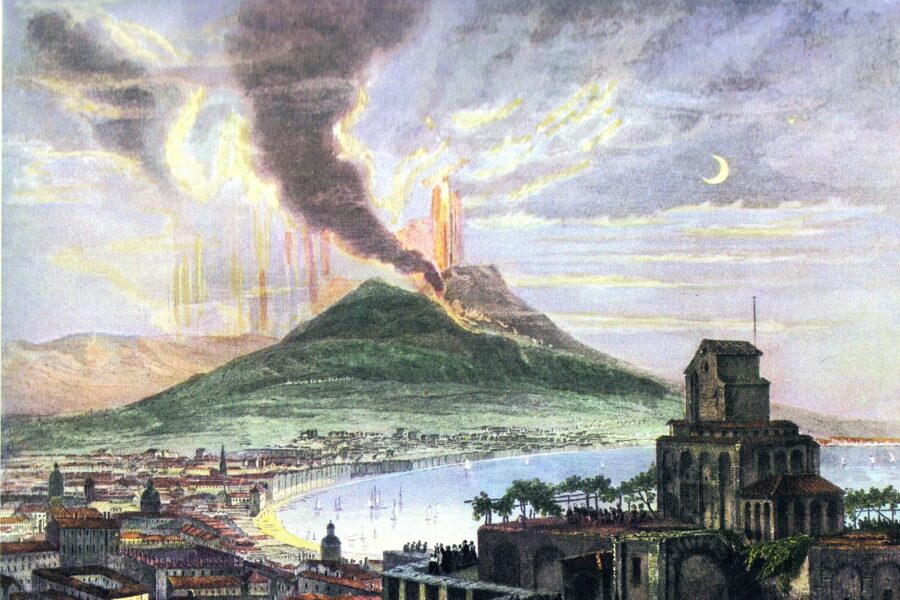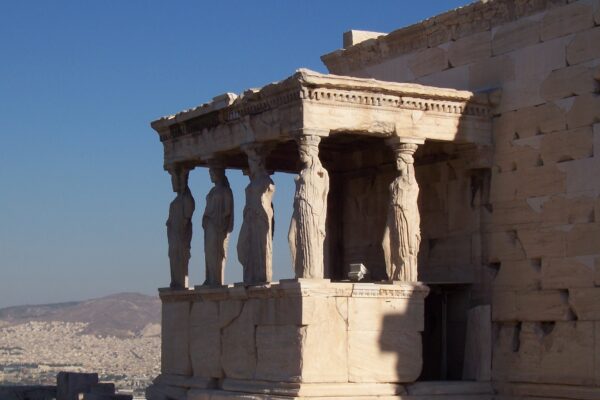
In 79 CE, Mt. Vesuvius erupted on a massive scale, burying a large swath of the prosperous Bay of Naples area under meters of rock, ash, and mud. Cities such as Pompeii and Herculaneum were snuffed out, preserved for millennia until they were rediscovered in the modern era. Almost overnight, Pompeii became one of the most visited tourist sites in the world.
CLAS-C 419 presents an in-depth survey of the archaeology of the Bay of Naples, as a window into societies, ancient and modern. The sudden destruction and excellent preservation brought by Vesuvius’ eruption presents unique opportunities to address fascinating questions about:
- the lives of marginalized social groups, including women, children, the poor, and the enslaved
- navigating personal identities in a multicultural port town
- the wide spectrum of religious beliefs in the Roman world
- aspects of everyday life, such as commerce, entertainment, domestic activities, and urban infrastructure
- the ethics of preserving disaster sites
- and more!!
Most importantly, you will learn to think critically about important questions: How was ancient society organized? How do we interpret different types of evidence about the past, including written and archaeological sources? How do ancient cultures continue to shape the world we inhabit today?
Want to explore how this course connects with the modern world? Check out our blog posts inspired by this course.
Fun Facts:
- combined with HER-H 419
- offered in person
- 3 credits
- can be applied to the Art History Minor and Classical Studies Minor.
Coming Next: Spring 2027
Recent Offerings
SPRING 2025
- in-person (Dr. Andrew Findley)
Spring 2023
- in-person (Dr. Andrew Findley)


